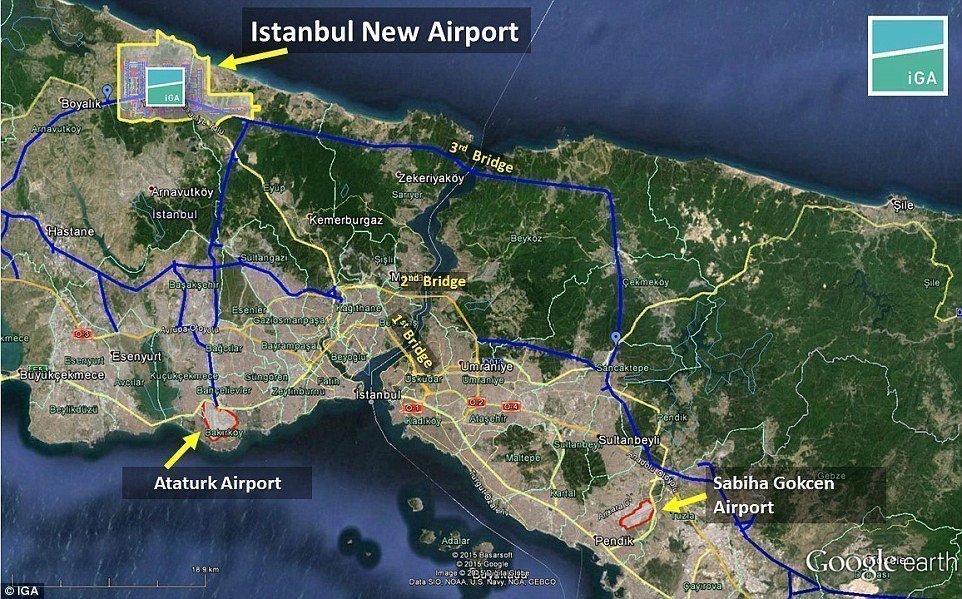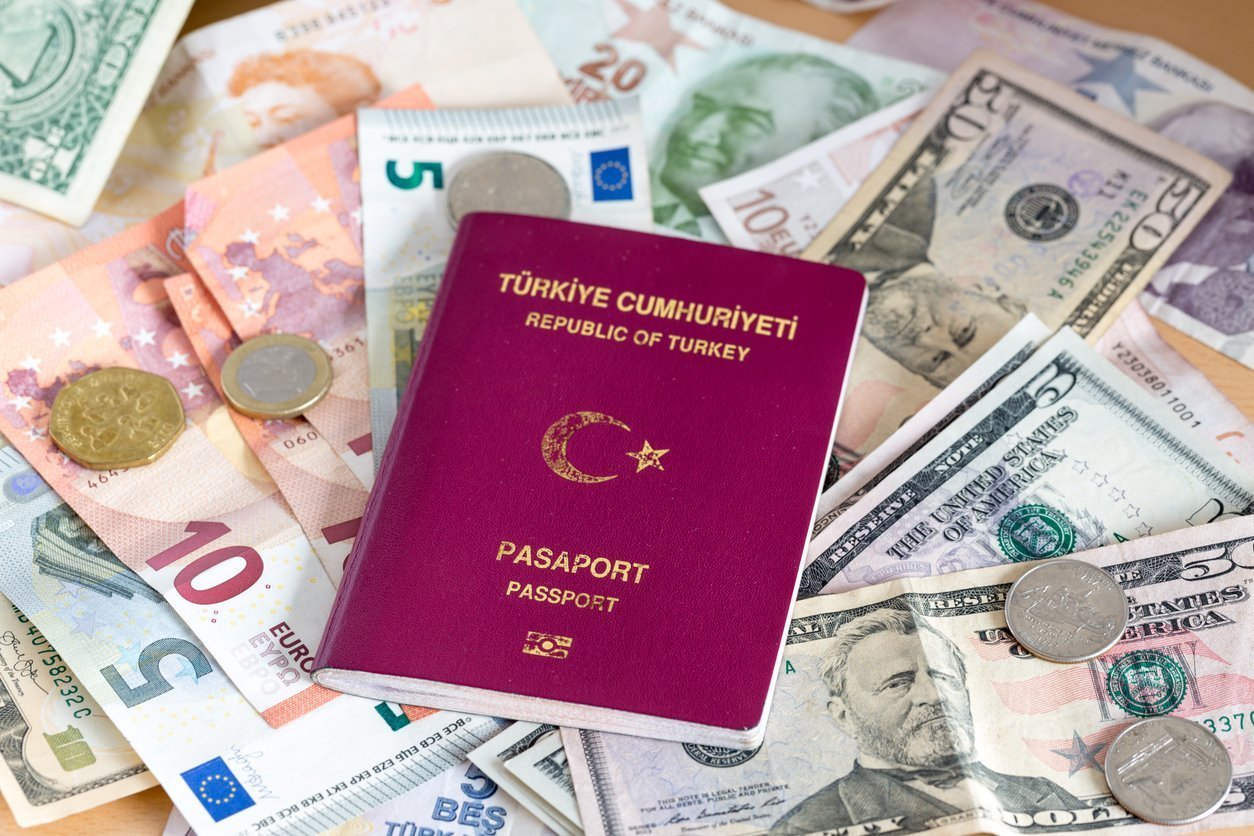International watchdogs had all eyes on Turkey leading up to the 16 April referendum in which the Turkish electorate took to the polls to decide whether to change the Turkish parliamentary system to a presidential one, essentially allowing the current President Tayıp Erdoğan and future elected presidents increased powers in office.
With a narrow approval (52% voting in favor of the referendum with 86% turnout rate), many Turkish businesses breathed a sigh of relief, not due to the outcome but because the atmosphere of ambiguity was finally settled.
It’s important to keep in mind that the current Turkish constitution (1982) has already been amended three times by popular vote and 15 times through legislative action in the past 34 years. While critics’ claims that the current amendments are too generous with presidential powers, the process by which the referendum passed is actually a result of democracy at work in Turkey, albeit alla Turca style.
What the April Results Mean for Investors in Turkey
Once the poll results were realized, major investors resumed long term projects with renewed vitality with confidence that a potential power vacuum had been averted.
Ismail Gulle, chairman of the Istanbul Textile and Raw Materials Exporters Association, called for reaching the goal of making the Turkish economy among the top 10 in the world.
“We believe that presidential system will rapidly take steps to maximize business circles’ contribution towards this aim. The business world will produce, employ, invest and export more with enthusiasm during this new period,” Gulle added.
With projects such as the $10.2 billion Istanbul Grand Airport (IGA) and the $5 billion Çanakkale Bridge in the pipeline, Turkey has ambitious plans for mega infrastructure projects to be reached by 2023.

Current Investor Profile
Renewed relations with Russia, opportunities sought by Chinese investors, and the continued interest in Turkish property by the Gulf States have all helped to maintain and boost the real estate sector, and the holiday home market from European Union and the United Kingdom remains stable.
VAT Exemption Law Passed for Foreign Buyers
In February 2017, Turkey passed a VAT exemption for foreign investors in Turkey who purchase their first property using foreign currency. Normally calculated at 18%, the exemption also applies to Turkish citizens who have lived abroad for more than 6 months. The only caveat is that the property must be held for at least one year.

Turkish Citizenship
Investors who buy assets worth a minimum of one million USD are eligible for Turkish citizenship. In today’s tumultuous world, a second or third passport is extremely attractive for many people.
Excellent Value from Ex-pats Selling Property in Turkey
A minority of expats living in Turkey have taken the perceived political uncertainty as well as other factors (health, retirement, family) to relocate to their country of origin, meaning that there are excellent properties currently for sale which have been very well maintained and are essentially turn-key. Many such properties already have Western amenities featured, such as advanced insulation materials, mature gardens, and high quality fixtures and enhancements throughout the property.

Luxury Property Turkey remains bullish for Turkish real estate, and we look forward to assisting you with any questions you may have.






